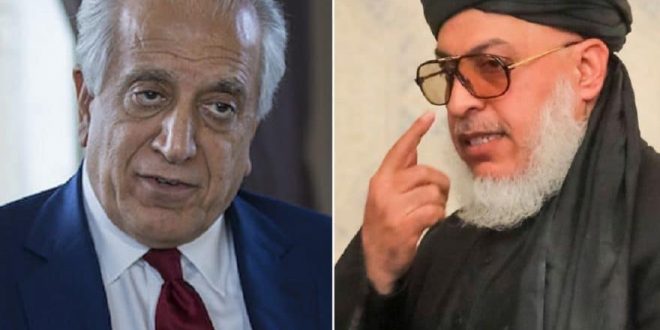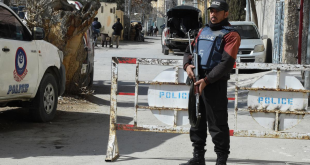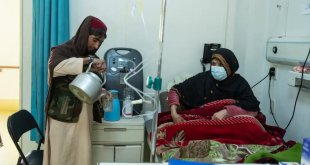Since the US-Taliban peace talks – which continued for 10 months – collapsed last week and the US President Donald Trump declared them ‘dead’, the parties into war have engaged in heavy exchanges and the nation has seen an escalation of clashes across the country, with the militants vowing to continue fighting and make the US regret walking away from the talks. This deterioration in the state of affairs doesn’t bode well and comes just in advance of a presidential election set for September 28. Meanwhile, it wasn’t long before when the Taliban chose Russia as their first foray abroad and announced they were ready for the resumption of talks with the US. On the other hand, the government mouthpiece declared that a legitimate peace deal with Afghanistan’s Taliban could only come after the polls.
Moreover, in a tweet on Saturday, Trump said the Taliban had never been hit harder than it was being hit right now. He termed the Taliban attack, which was cited as a reason for the collapse of talks, as the group’s ‘big mistake’. However, amidst this muscle-flexing on the battleground, it is the Afghans who are bearing the brunt of these tumultuous events and amplified violence. At this hour as brakes are put on the talks, the regional countries and international community have expressed support and are in favor of Afghan peace more than ever as they are consistently stressing over resumption of talks. This strong push suggests there is still room for peace. The world knows that Trump is never consistent and his last decision is only as final as his last tweet. But this time for a bid to revive the talks, other approaches should be pursued. One of them is not to exclude the Afghans and the incumbent government. As US special envoy for Afghanistan reconciliation, Zalmay Khalilzad, has stated that peace agreement was finalized “in principle”, so there is nothing left to discuss on the US part with the group and the matters to be discussed relate to Afghans.
The peace parleys need to be jump-started but in an intra-Afghan framework next time and all the stakeholders should be brought together. It is difficult to find quick-fix solutions to the almost 19-year-long Afghan war; however, it is only through dialogue that issues could be resolved. The peace talks in the best-case scenario could be resumed after polls when there is a legitimate government in command. The Taliban, who seem eager to resume talks, should be spurred to engage in a trilateral way – inclusive of Afghans on the table. That’s an only plausible way to go about the talks; otherwise, the results would again prove futile. The group should let go of its lust for power and ambitions to hold complete reigns of Afghanistan. It’s about time that they changed their strategy and mended their ways in a bid to achieve a sustainable peace which is acceptable to all Afghans.
 Afghanistan Times
Afghanistan Times




